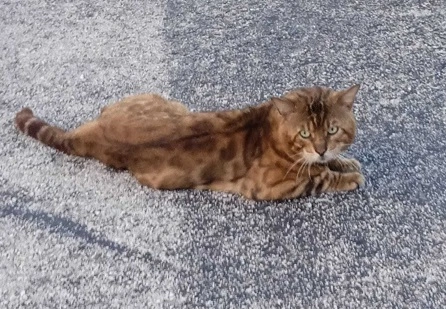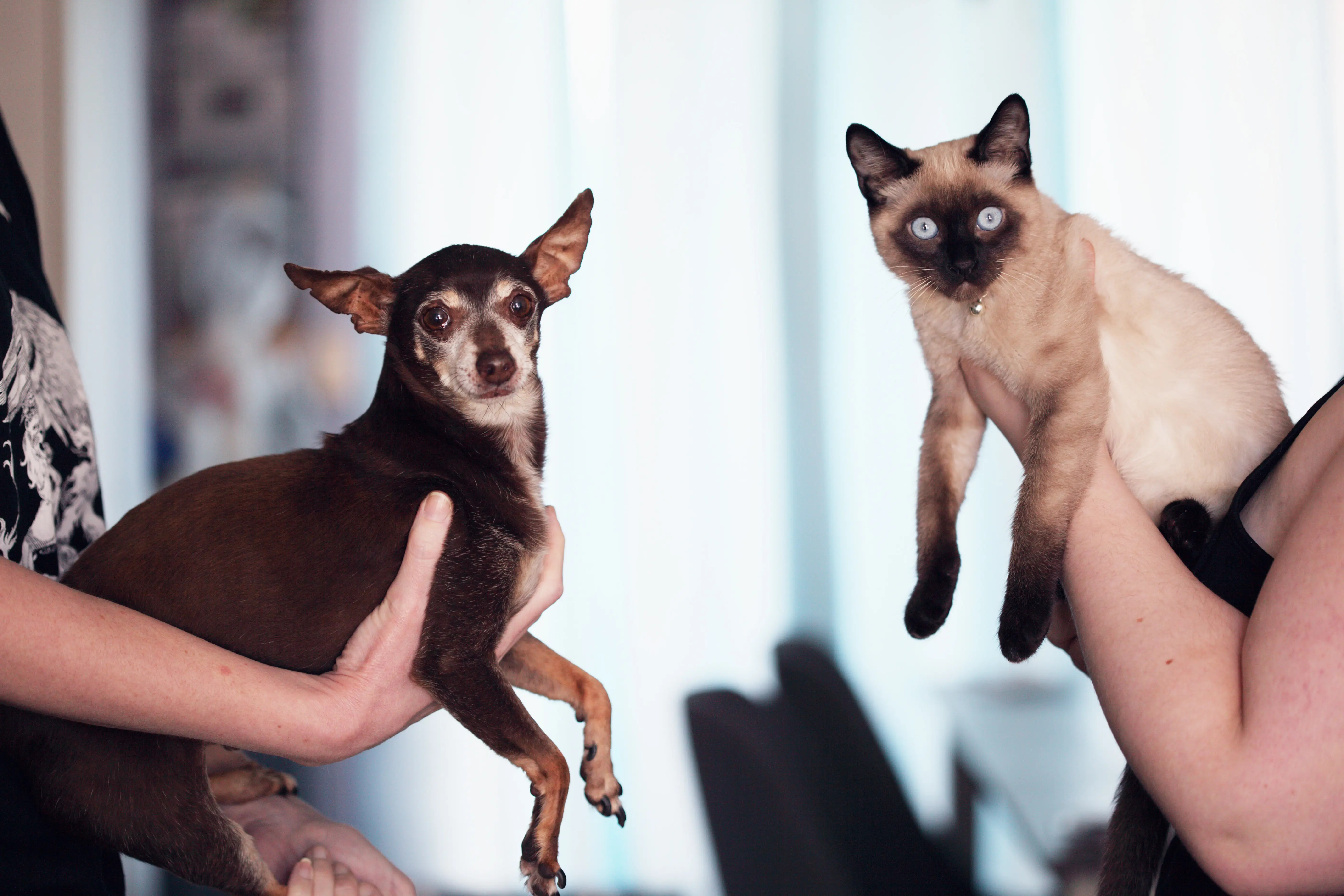
Why Cats Purr

Published on: 2023-04-25
Cats purr as a way to communicate and express various emotions, including contentment, relaxation, and even healing. While the exact mechanisms behind purring are not fully understood, there are several theories as to why cats purr.
-
Communication: Cats are known to communicate with their owners and other cats through various vocalizations, and purring is one such form of communication. Cats often purr when they are content and relaxed, which can signal to their owners that they are feeling comfortable and safe.
-
Bonding: Purring can also serve as a bonding mechanism between cats and their owners. When a cat purrs while being petted or cuddled, it can create a sense of intimacy and connection between the cat and their owner.
-
Self-soothing: Cats may also purr as a form of self-soothing. The vibrations created by purring can have a calming effect on a cat, helping them to relax and reduce stress or anxiety. This is why cats sometimes purr when they are in uncomfortable or stressful situations, such as during a visit to the veterinarian.
-
Healing and self-healing: There is evidence that the vibrations produced by purring can have a healing effect on a cat’s body. The frequency of a cat’s purr falls within the range that has been shown to promote healing and tissue regeneration, which may explain why cats sometimes purr when they are injured or in pain. Some researchers also believe that purring may help cats to heal and recover from various illnesses or injuries.
-
Pleasure: Finally, it’s important to note that cats may simply purr because they enjoy it. Purring can be a pleasurable experience for cats, and they may do it simply because it feels good to them.
In conclusion, cats purr for various reasons, including communication, bonding, self-soothing, healing, and pleasure. While the exact reasons behind why cats purr are not entirely clear, it is believed to be a complex behavior that serves multiple purposes in a cat’s life.

